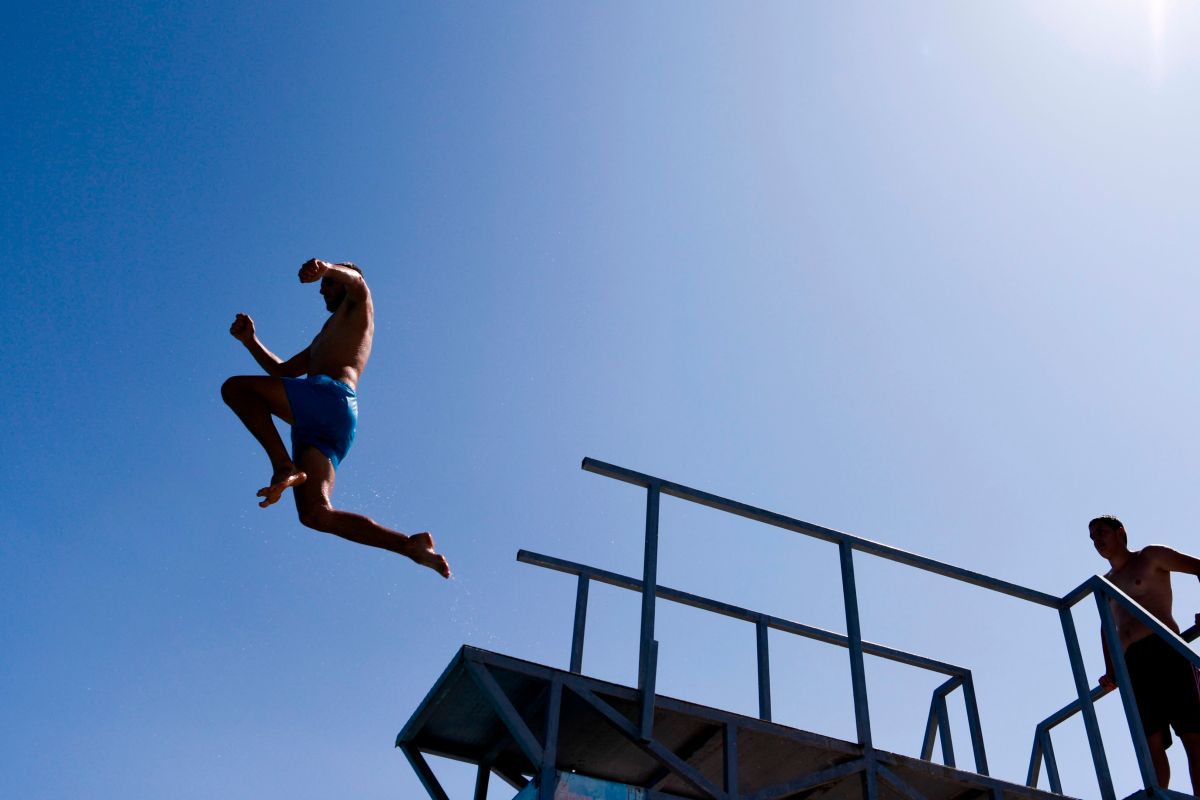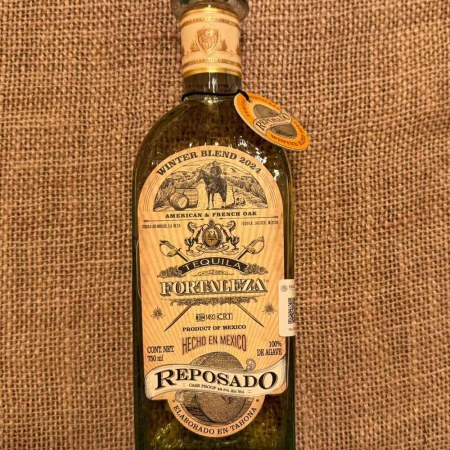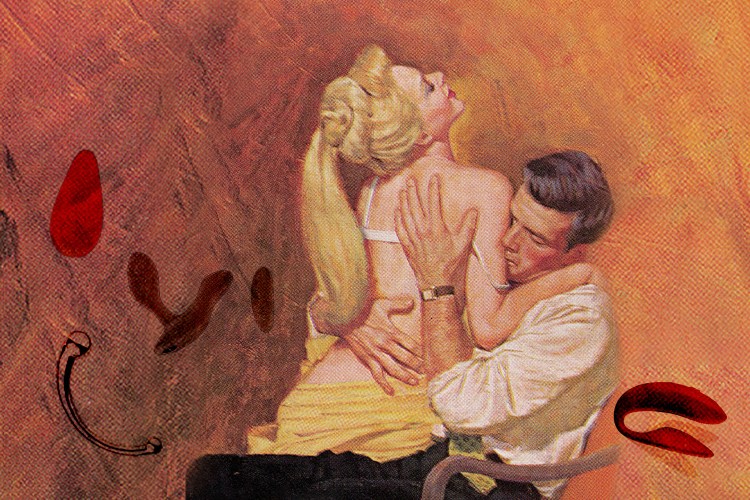There’s a wise, frustratingly accurate adage I’ve heard from track coaches over the years: the best workout for you is the one you least want to do.
As a runner, I dread long intervals; anything 1200 meters or longer, and I start counting laps. But I’ve survived the process enough times over the years to register just how good they are for me. They work wonders for my legs and lungs, and despite how exhausted I am when it’s over, I can always walk home with my head held high.
This brand of stress — the kind that has a positive and lasting impact on our sense of growth, resilience and fulfillment — is called “eustress.” It was coined by endocrinologist, and all-around stress tsar, Hans Selye in the late 1970s. “Eu-” is the traditional Greek prefix for “good.”
Today’s wellness spectrum often trades in stress relief (e.g., download this app to minimize your risk of anxiety, burnout and fatigue). And when the conventional/harmful distress is at play, protecting yourself is usually a good idea. But by definition, eustress is perceived as within our capacity to handle.
The Habit That All Healthy Couples Have in Common
Relationships that cultivate “secret gardens” go very, very farEustress in the wild
Eustress arises from challenging yet manageable situations; it pushes us past our comfort zones, enhances our life satisfaction, and contributes to our psychological and physiological development. It peppers life with little arcs of self-doubt and triumph. The stuff that goes in memoirs, basically.
Most of us are experts at eustress avoidance. In order to get through a workweek, we’d rather not rock the boat with anything too ambitious, let alone mildly terrifying. But embracing (and actively chasing) eustress is a good idea. It can prove exciting and performance-enhancing, and give you the secret leg-up you’ve been searching for.
Eustress manifests in various familiar real-world scenarios. Think: speaking up at work or in school, signing up for an exercise class or going on a first date. For some, there’s true safety in avoiding these things at all costs. But removing the risk essentially guarantees that there won’t be a reward.
Hope is a good thing
According to the Berkeley Well-Being Institute, eustress triggers happy hormones like oxytocin, which makes sense: There’s a palpable thrill at play once you defeat your latest boogeyman. But the impact is far-reaching, too — compounding victories can help foster hope. When you let eustress in, you’re encouraging yourself to view challenges as opportunities for growth, rather than threats. (Don’t slay the boogeyman…give him a hug.)
When we embrace eustress, we approach difficult situations with a more positive outlook, enhancing our optimism about the future, and potentially our risk-taking, too. Eustress leads to more eustress. With more confidence, you might be more likely to ask for a raise, or move to a different city, or take on a volunteer opportunity, or commit to learning a new skill. Your long-term success in these pursuits isn’t exactly the point; you’re more connected, activated and interested than you’d have been otherwise. You’re living.
How eustress intersects with “flow”
Perhaps the most fascinating — and mysterious — aspect of eustress it its close link to the psychological concept of flow. The “flow state” isn’t just verbose hyperbole, used to describe the easygoing play of an exemplary shooting guard or violinist. It’s a studied phenomenon that accounts for an individual’s complete immersion in an activity.
Some have called flow the most blissful moments of life — it’s the peak intersection of purpose and productivity. Those who’ve studied the intersection of flow and eustress have called flow “the ultimate eustress experience.” It’s easier to savor your work when you feel fulfilled by it. And if you want to feel fulfilled by it, well, it should stress you out a little. It should have stakes. It should compel absorption.
Distress is exhausting, but eustress has the potential to be exhilarating. Make strides to acknowledge it, name it and even champion it. Ultimately, you’ll be fine if you ignore it. But you deserve more than that.
Whether you’re looking to get into shape, or just get out of a funk, The Charge has got you covered. Sign up for our new wellness newsletter today.
























